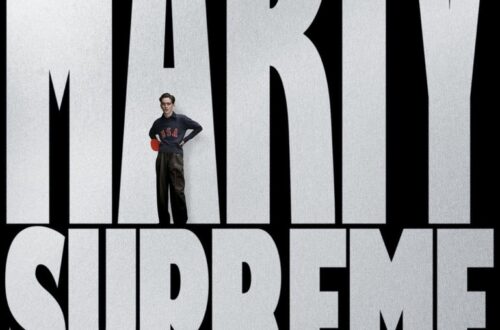The Beekeeper delivers exactly what its title suggests—action as erratic and fierce as a swarm of bees—with Jason Statham returning to his hunter-hunted persona in a revenge thriller fueled by righteous fury. Directed by David Ayer and adapted from Kurt Wimmer’s script, this 2024 film positions Statham as Adam Clay, a quiet beekeeper whose tranquil existence is shattered when his beloved friend Eloise falls victim to a phishing scam that ruins her and ends her life. Clay’s escape from grief and injustice propels him into an all-out vendetta against greedy scammers and their enablers.
From the opening scenes, The Beekeeper establishes a firm rhythm: sparse dialogue, sudden bursts of violence, and no-nonsense beats that suggest there’s no room for sentiment. Clay is revealed not just as a victim but a former clandestine operative—part of a secretive guild known as the Beekeepers, charged with protecting innocents in an unvarnished world. His return to form is brutal. Each move is purposeful: his methods vicious but not gratuitous, and always delivered with sharp precision.
The film’s action sequences are its core strength. Whether it’s Clay battering through a scam call center or neutralizing armed thugs at his barn, each set piece is choreographed with unflinching clarity. There are no slow-motion showboating moments—just kinetic, grounded brutality. Sound design enhances the effect, with bone-cracking impact paired with ambient hive hums, lending thematic texture to every fight.
Statham anchors the chaos with his usual stoic intensity, grounded in physical confidence and measured menace. He never overplays; instead, he leans into Clay’s resolve—and the moral discomfort that comes with his extreme response. Supporting performances round the film out. Emmy Raver-Lampman portrays the FBI agent Verona, her initial firm allegiance softening as she understands Clay’s motives. Josh Hutcherson brings deliciously unhinged menace as the tech titan behind the scheme. Veterans Minnie Driver and Jeremy Irons add emotional echoes in quieter moments, though their screen time is limited.
The film operates on two complementary levels: total fantasy and dark satire. On one hand, it delivers unapologetic action and revenge fantasies with a straight face. On the other, it skewers modern vulnerabilities—the predatory world of online scams, the failure of institutions meant to protect, and how someone pushed too far might well decide to mete out their own justice. It’s absurd, even camp, but grounded by those who play it seriously and those who embrace the inherent silliness.
Still, the film does not attempt subtlety or nuance. Plot holes and character logic gaps exist but feel deliberate—this is not the movie’s point. It’s a grindhouse-style revenge trip for the digital age. Some critics call it “cheerfully undemanding,” and that captures the spirit perfectly. It’s not a film making declarations; it’s one delivering satisfaction through action-packed delivery and a single-minded mission.
Ultimately, The Beekeeper succeeds by sticking to its theme: it earns your investment not through deep emotional arcs but through relentless pacing, clever thematic framing, and unyielding spectacle. In a world where the real evildoers often walk free, sometimes justice demands a beekeeper’s precision—sharp, unerring, and powered by hive-like anonymity.
If you’re looking for fast, loud, and absurdly fun vengeance cinema, The Beekeeper hits the mark, stings precisely, and leaves you itching for more.




